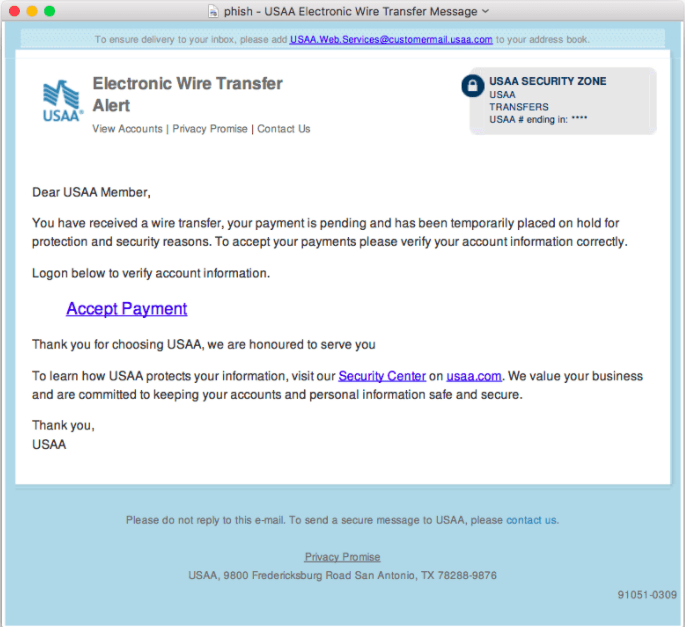NJ medical lab employee indicted on charges he sabotaged competitor’s computer systems
A New York man employed at a medical testing lab in New Jersey allegedly sabotaged his competitor’s operations by posing as a repairman to enter the other laboratory’s offices, based in Millburn, and disabled their computer systems and security devices, according to the Justice Department.
Eric Leykin, 32, of Brooklyn, was indicted in federal court last week on charges of wire fraud, accusing him of using a prepaid cellphone to call his competitor in July 2022, posing as an employee from the lab’s tech support firm, and made an appointment to service their equipment the following day, according to court documents.
Upon arriving at the facility, Leykin allegedly proceeded to sever wires connected to the lab’s security system, removed multiple computer hard drives, unplugged the company’s backup generator and damaged various testing devices, the indictment claims.
If convicted, Leykin could serve up to 20 years in federal prison and face a fine of either $250,000 or an amount equal to the company’s financial losses as a result of the alleged scheme.
This article originally appeared on NorthJersey.com: NJ medical lab employee accused of sabotage, posing as repairman



